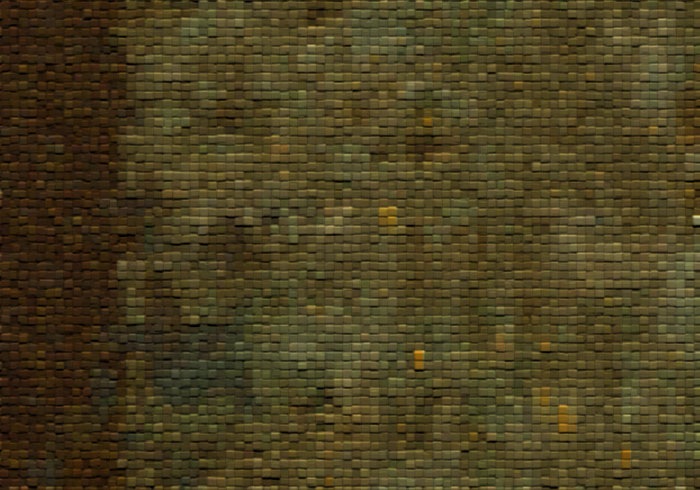



The heart and soul of Egyptian civilization was its monarchy. It was so important that the office of the king became the dominant institution of Egyptian history. The pharaoh had enormous power and prestige. Egyptians believed that their king was also their chief god – which I’m sure you will agree, goes beyond the Mesopotamian view that the king only represented the gods! Pharaoh was divine in a number of ways. At first, he was identified with Horus, one of Egypt’s sun gods. He was also linked with another sun god – Ra. Pharaohs were, of course, mortal, they were born and died like everybody else, so how could Egyptians consider them to be gods?
There were lots of things in nature that were born and died and were reborn. Every day the sun did just that – and pharaoh was, after all, a sun god! But it was still the same sun, yes? The year was born with the Nile flood each year and died at the end of the year. Nature is full of “rising and dying” cycles, and the gods are part of nature, and so the pharaohs’ reign and divinity follow the same pattern. So, one after another, for nearly 3,000 years, pharaohs were born and died, each a new iteration of the sun god, and each oversaw Egypt and represented Egyptian affairs among their fellow deities. Needless to say, pharaoh’s control of Egypt was, in theory, absolute. He commanded the army; he ran the government, supervised trade and religious activities, dispensed justice, coordinated food production and provided patronage for Egypt’s artisans. He owned everything and every person in Egypt. Of course he also had certain less mundane duties. He caused the sun to rise each day, the Nile to flood at the appropriate time, the fields to bring forth their bounty and the animals and people of his kingdom to be fruitful and multiply. This enormous power enabled the pharaohs to mobilize Egypt for massive public works programs like irrigation and levies, military activities on a large scale and building projects of enormous proportions.

